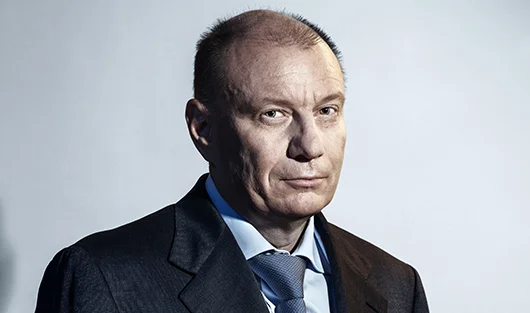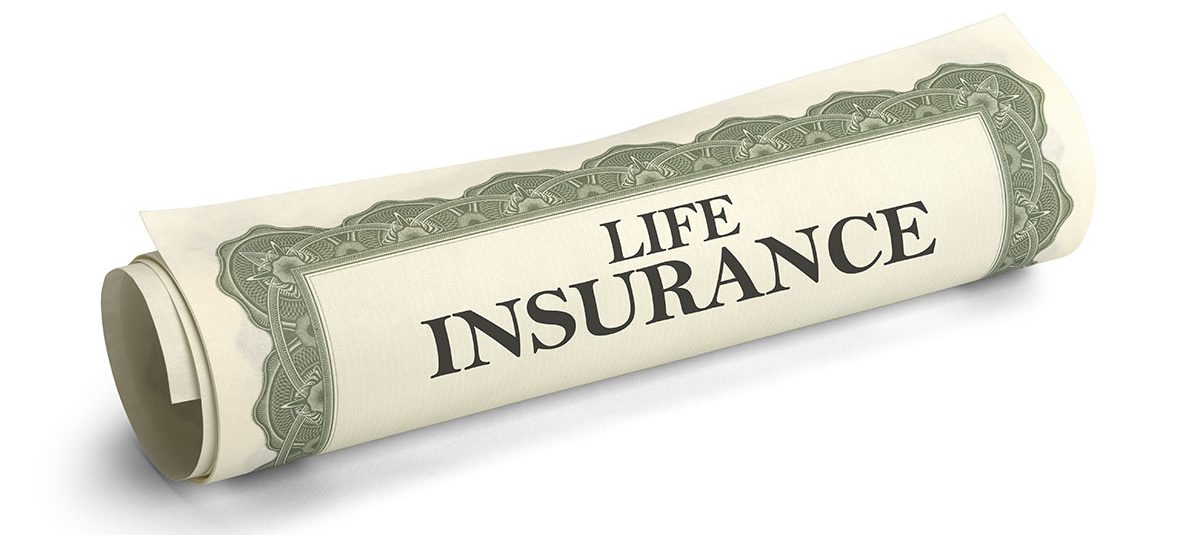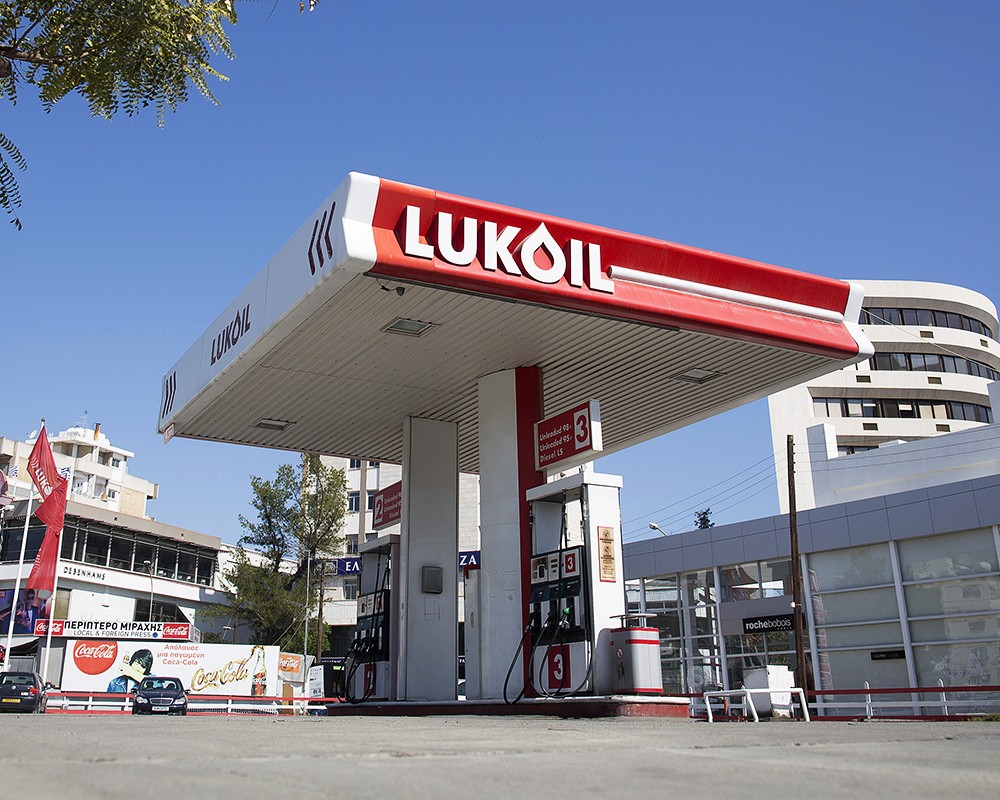Norilsk Nickel, which a few years ago was bursting at the seams because of a corporate conflict, has made its CEO a leader on Forbes’ list

“The story of our conflict with Oleg Deripaska #50 is very revealing. It could be used as a textbook,” Vladimir Potanin, president of Interros Holding and current CEO of Norilsk Nickel, said with a chuckle as he sat in the Interros office in Yakimanka with a view of the Kremlin. – Those who have conflicts don’t make money in business. Those who know how to negotiate make money.
In 2015, Vladimir Potanin #2 became the richest businessman in Russia. The basis of his fortune is Norilsk Nickel, the capitalization of which grew by 15% in dollar terms during the year. And this against the background of the falling value of the overwhelming majority of Russian companies.
Now, according to the company’s employees, Potanin rarely appears in Yakimanka. But a few years ago, when the so-called nickel war was going on between Interros and Oleg Deripaska’s UC Rusal, it was from Yakimanka that Potanin watched the battles and tried to keep control over GMK.
The confrontation between the two billionaires began in 2007, when longtime Interros partners Vladimir Potanin and Mikhail Prokhorov
Stub: 11, who jointly owned Norilsk Nickel and other assets of the holding, announced they would split their property. But they could not “divorce” without conflict. Potanin offered to buy Prokhorov’s stake in Nornikel at a discount, but Prokhorov refused and demanded a fair, in his opinion, price 25 percent higher. They did not have any documented obligations to each other: in the 1990s, when they started their business together, everything was decided “based on notions”. As a result, the partners fell out. Each tried to devise a “divorce” scheme to suit his own interests. Potanin agreed on a merger with Alisher Usmanov’s Metalloinvest #7 . A metallurgical giant of unprecedented size was to emerge as the result of the alliance. To prove his seriousness, Usmanov bought about 5% of Norilsk Nickel shares on the market.
Mr. Potanin was skeptical that his partner would sell his stake to anyone but him, because he believed that no one would raise the needed sum and get approval for the deal from the Kremlin. But Prokhorov managed to do it. He found a partner in the person of Oleg Deripaska and in spring 2008 he received $5 billion and a block of shares in UC Rusal for 25% of Norilsk Nickel.
The next five years of the “nickel war” are recalled with reluctance: numerous legal suits all over the world, unpleasant public statements and struggle for control over the company. Each side of the conflict had its own reasons for aggressive behavior. For Potanin, Norilsk Nickel was and remains the backbone of his fortune. Deripaska, who by 2007 had transformed UC Rusal into the world’s largest aluminum producer with $14.3 billion in revenue, dreamed of achieving even greater success and at the same time, at the expense of Nornikel’s dividends, resolve problems with creditors that arose after the financial crisis of 2008. “Oleg is like the motorcyclist who rides the walls in a circus: he can’t go down anymore, and all he can do is keep pressing the gas until he runs out of gas,” one of Deripaska’s acquaintances explained to Forbes in 2008.
By 2012, the struggle had exhausted the billionaires. On the horizon loomed a forced reconciliation by the state that suited no one. “We were ripe with the understanding that resolving the conflict opened the way to a positive, while keeping it would destroy the company’s value,” Potanin admits. The parties sat down at the negotiating table several times, but each time something prevented them from striking a deal. One of the participants of those unsuccessful attempts believes that the parties and their intermediaries have long been unable to come up with a psychologically comfortable configuration of the world in which no one would feel defeated. Usmanov, several high-ranking officials from the government and Sberbank CEO German Gref tried to reconcile Interros with Rusal, but only Deripaska’s father-in-law Valentin Yumashev and billionaire and co-owner of Evraz Roman Abramovich succeeded.
In the fall of 2012, Yumashev called Potanin and cautiously inquired about his attitude toward Abramovich as a peacemaker and potential minority shareholder of Norilsk Nickel. Potanin replied that he was not uncomfortable with the idea.
A few days later, Abramovich and Potanin met with Valentin Yumashev and his wife, Boris Yeltsin’s daughter Tatiana.
Abramovich asked several questions about a possible reconciliation and his participation in it. Potanin outlined his interests and explained that he had no objection to several partners participating in the share capital, but that he would like to be solely in charge of the company’s operational management. His answer seemed to satisfy Abramovich.
Why would the former oil magnate, who had distanced himself from Russian business and moved to Britain, need this? “Abramovich has the reputation of a man who, no matter what, is on good terms with everyone,” believes one of his acquaintances. – For him to ensure peace between two stubborn men like Potanin and Deripaska was, first, prestigious. Secondly, Abramovich was not devoid of pragmatism. He understood that such an asset as Norilsk can bring good dividends.
The next time the Yumashevs hosted three guests: Potanin, Abramovich and Deripaska. Already during their first meeting together, Abramovich and Yumashev managed to get things moving. “Yumashev’s house is a haven of peace. It disposes to peaceful conversations. We used to come over, drink tea with honey and jam, discuss details of the agreement, and during our first meeting we had such a purely human conversation with Oleg that I suddenly realized: we can come to an agreement, we can finish this situation, bring it to its logical conclusion,” Potanin recalls.
A Forced Peace
It took several months to negotiate the details of the amicable settlement. The negotiation process was not always smooth, but Yumashev and Abramovich helped out: they managed to find compromises that suited both Interros and Rusal. The peacemakers showed Olympic calm and whenever there was a spark between Potanin and Deripaska, they spoke separately to the one who expressed mistrust. “They were watching us and keeping us from going off into something unconstructive. It’s like in sports. You play for the team, right? So show your best game, show you’re normal. It was the only way to go out on some positive note, and it worked. Yumashev and Abramovich showed great patience,” says Potanin.
“Roman only interrupted our conversations on one single occasion – when Chelsea was playing,” the billionaire recalls laughing. – He said, ‘Excuse me, I’ll watch the match in the next room and come back.
After hours of discussion, a configuration of the future of Nornickel and its shareholders began to take shape. First of all, the parties agreed that they have no claims against each other since the agreement was signed. Second, Nornickel would replace its General Director. Vladimir Strzhalkovsky, with whom Oleg Deripaska could not find common language, was replaced with Potanin, who insisted on this. “It is important for Potanin to be not just a businessman, but a managing partner. Then he is called not only to meetings of Putin, the government with big business, but also when they gather the companies. Abramovich, on the other hand, does not have that. He only goes to meetings with big business, and that is enough for him. But it’s important for Potanin to be included,” comments a person familiar with Nornikel’s shareholders on this condition.
Thirdly, the parties to the agreement agreed on the payment of dividends by Norilsk Nickel for several years to come. The last point was important for everyone, but especially for Deripaska. At the end of 2012, Interros had $3 billion in debt, while Abramovich’s Evraz had $6 billion and Rusal had close to $11 billion. It was in Deripaska’s interests to agree on a maximum dividend for the first three years. Forbes sources tell us that he asked to pay at least $10 billion by the end of 2015. Potanin, who took over the company after five years of war, on the contrary, sought to minimize costs and offered to pay about $8 billion. In the end they agreed on $9 billion and the following condition. If the situation on the metals market does not worsen, Nornickel pledges to pay $8 billion to shareholders for the first three years of the agreement plus $1 billion from sales of non-core assets and then pay out at least 50% of EBITDA annually. If metal prices fall, the company reserves the right to revise the dividend payment procedure, adjusting it with the shareholders.
The shares in the company were divided as follows. “Interros and Rusal sold 5.87% of shares to Roman Abramovich and his partner in Evraz, Alexander Abramov, for $1.87 billion. At the same time, Nornickel bought back 17% of quasi-treasury shares issued by GMK during the nickel war. As a result, Interros retained the biggest stake (30.3%) and Rusal retained 27.82%. In addition to Abramovich and Abramov’s Crispian Fund, Metalloinvest of Alisher Usmanov was another minority shareholder in the company. Neither Usmanov nor his representatives took part in the negotiations.
According to a businessman familiar with the situation, Alisher Usmanov has not been in touch with Potanin for several years, holding a grudge against him after Interros changed its mind about merging with Metalloinvest.
In 2014, the company reduced its stake in Nornickel from 5% to 3.5%, receiving $490 million from the sale. Metalloinvest representatives did not respond to Forbes’ request for comment on the situation in the MMC.
To avoid that one of the shareholders started a “nickel war” again, the parties developed a system of checks and balances, which makes the conflict unprofitable for its initiator. First of all, the institution of financial controllers was introduced in Nornickel. “These are two auditors who are appointed by Deripaska and Abramovich and monitor compliance with the terms of the contract. Formally they work in the company and report to me, but I cannot fire them,” Potanin explains. In addition, within five years from the date of signing the agreement shareholders undertook not to change the size of their stakes in the capital of Norilsk below the established limits (for Interros and Rusal – 20%, for the fund of Abramov and Abramovich – 2.5%). After 2017, any of the three shareholders wishing to sell their shares may trigger the so-called Russian roulette mechanism. He must offer them to the other parties to the agreement at a 20% premium to the weighted average market price over the past six months. In turn, other shareholders can accept the offer or counter offer at the same price or at a higher premium. The penalty for refusal to fulfill the terms of Russian roulette is the sale of 1.87% of Nornickel shares for $1.
Abramovich and Abramov’s entire stake, as well as a 7% stake in Interros and Rusal, each agreed to deposit it into a special account at an agent bank. If any of the shareholders grossly violates the terms of the agreement, 1.875% of shares will be written off in favor of the other participants. The decision on whether the condition is grossly violated will be made by an arbitration court of British lawyers. They are also entrusted to consider conflicts in which two shareholders infringe on the interests of a third. In such a situation, the aggrieved party may be entitled to redeem the entire block of shares in the bank-agent at a discount of 25% to the market price. The consent of the breaching parties is not required. If any of the shareholders refuse to comply with the decisions of the arbitration court, the agreement will be declared terminated. The partners have agreed that their disputes in this case will be considered in the High Court of Great Britain.
But was it only the previous war that caused such a detailed elaboration of the shareholder agreement? “Potanin was not very trusted, primarily by Oleg [Deripaska],” says a former member of Nornikel’s board of directors. – Potanin always interprets ambiguous business situations in his favor. This was the case with Usmanov, who Potanin himself persuaded to buy a block of shares at the peak and then… well, let’s say, he lost interest in a partner who fulfilled his obligations…”
Potanin says he has personally read the 86 pages of the settlement agreement from cover to cover, along with all the additional appendices and tables, several times so as not to miss any pitfalls and “to forget about the problems between the partners forever.” But it seems there are no pitfalls, or they are too deeply hidden. In the two and a half years since the agreement was signed, not a single conflict situation has arisen between the co-owners of Norilsk.




Leave a Reply
You must be logged in to post a comment.